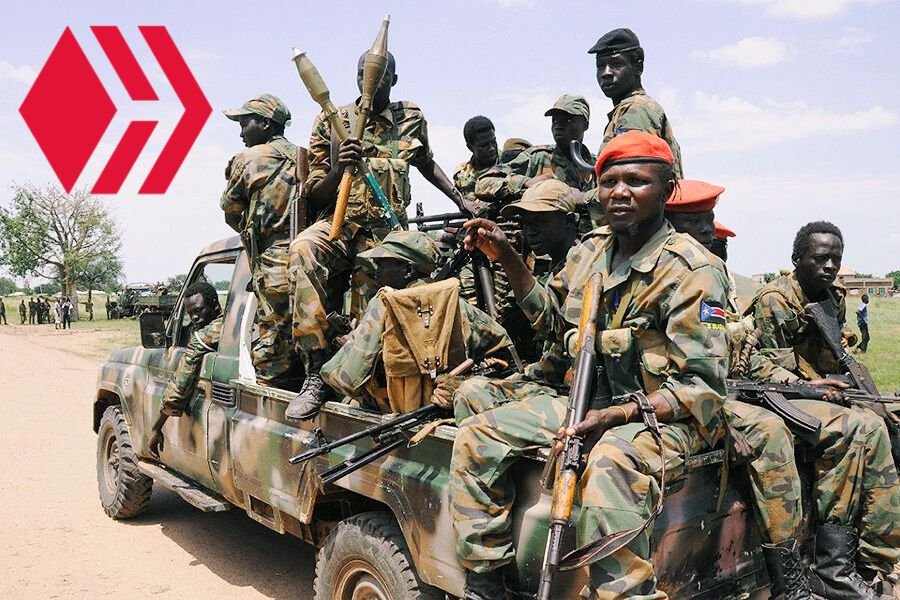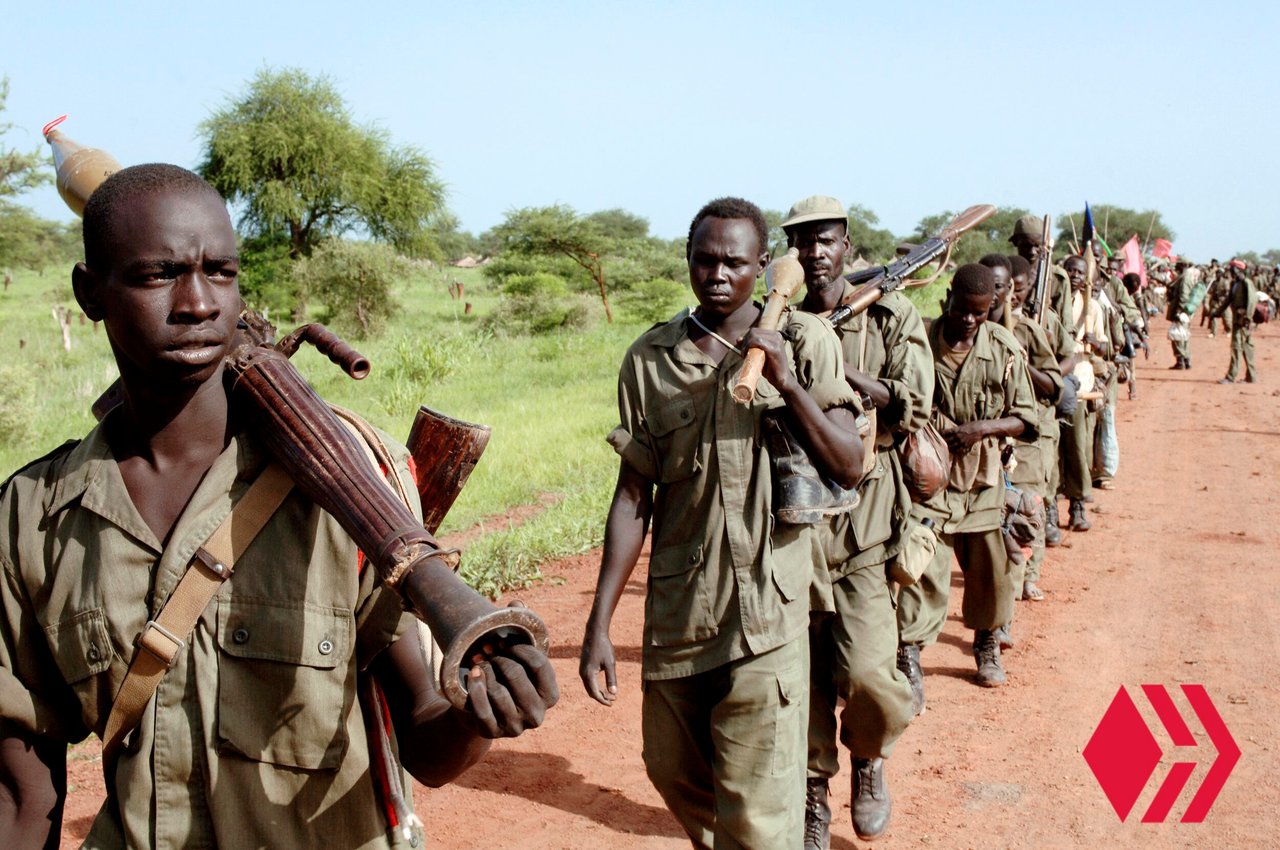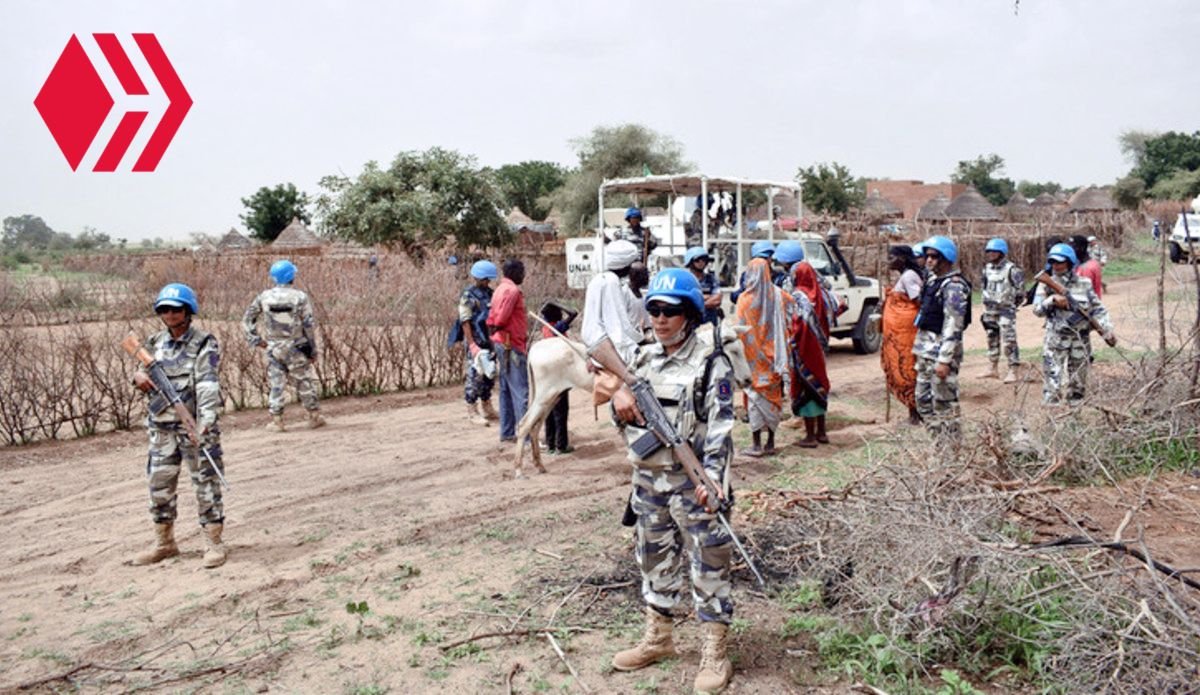Sudan has a long and tragic history of civil war that dates back several decades. This conflict has been fueled by a range of factors, including political repression, economic hardship, ethnic and religious tensions, and historic grievances.
The First Sudanese Civil War (1955-1972)
The first Sudanese civil war began in 1955, just a year before Sudan gained its independence from Britain. The conflict pitted the central government, dominated by Arab elites in the north, against southern rebels who were fighting for greater autonomy and representation. This conflict was characterized by brutal violence and atrocities on both sides, and it ultimately claimed the lives of an estimated 500,000 people.
The Addis Ababa Agreement, signed in 1972, brought an end to the first civil war and granted the south limited autonomy. However, this peace was short-lived, and the seeds of the second civil war were sown.
The Second Sudanese Civil War (1983-2005)
The second Sudanese civil war began in 1983, when the central government in Khartoum abolished the autonomy granted to the south under the Addis Ababa Agreement. This led to a renewed insurgency by southern rebels, who were joined by other groups fighting for greater representation and resources.
The conflict was marked by brutal violence and atrocities, including the use of child soldiers and the displacement of millions of people. The government's response was marked by a scorched earth policy, in which entire villages and communities were destroyed.
In 2005, a peace agreement known as the Comprehensive Peace Agreement (CPA) was signed, bringing an end to the conflict. The CPA granted the south autonomy and paved the way for a referendum on independence, which was held in 2011. The south voted overwhelmingly for independence, and South Sudan became the world's newest country.
However, this peace was short-lived, and South Sudan quickly descended into its own civil war just two years later.
The Conflict in Darfur (2003-present)
The conflict in Darfur, which began in 2003, has been one of the most high-profile conflicts in Sudan in recent years. The conflict pitted government forces and allied militias against rebel groups who were fighting for greater representation and resources. The conflict has led to the displacement of millions of people and a significant humanitarian crisis, with allegations of war crimes and atrocities on both sides.
Despite several attempts to broker a peace agreement, the conflict in Darfur continues to this day, with violence flaring up periodically.
Other Conflicts in Sudan
In addition to the conflicts in the south and Darfur, Sudan has also been dealing with violence in other regions. The conflict in the Blue Nile and South Kordofan states, which began in 2011, has been fueled by ethnic and political tensions and has led to significant displacement and suffering.
Some personal thoughts
As I sit here in the comfort of my home, it is difficult to comprehend the scale of the tragedy unfolding in Sudan. The recent escalation of violence in the country is just the latest chapter in a long and painful history of civil unrest, conflict, and human suffering. As a global citizen, I feel a sense of responsibility to speak out and call for action to address this crisis.
The situation in Sudan is complex, with a range of factors contributing to the ongoing conflict. Economic hardship, political repression, and historic grievances have all played a role in fueling the violence. The recent escalation of conflict in the Darfur region, where government forces have clashed with rebel groups, is just one example of the challenges facing the country.
The human toll of this conflict is staggering. Thousands of people have been killed, and many more have been displaced from their homes. The conflict has also led to a humanitarian crisis, with millions of people in need of assistance. It is a tragedy of epic proportions, and one that demands the attention and action of the international community.
As global citizens, we cannot stand idly by while our fellow human beings suffer. We have a responsibility to use our collective voice and resources to address this crisis. There are several steps that can be taken to support the people of Sudan and work towards a peaceful resolution of the conflict.
First and foremost, we must prioritize the protection of civilians and work to end the violence. This will require a concerted effort to address the root causes of the conflict and to bring all parties to the negotiating table. It will also require a commitment to human rights and the rule of law, and a willingness to hold those responsible for violence and abuses accountable for their actions.
Secondly, the international community must do more to support the people of Sudan. This means providing humanitarian aid to those in need, as well as diplomatic and financial support to the government as it works to establish stability and address the country's challenges. It also means using all available tools to pressure those responsible for violence and abuses to change their behavior.
Finally, as citizens of the world, we must come together to build a better future for Sudan. This means putting aside our differences and working towards a common goal of peace, stability, and prosperity. It means engaging in constructive dialogue, respecting the rights and dignity of all, and supporting our government as it works to address the challenges facing our country.
In conclusion, the situation in Sudan is a tragedy of epic proportions, and one that demands the attention and action of the international community. As global citizens, we have a responsibility to use our collective voice and resources to address this crisis. It will not be easy, but it is a goal that is worth striving for. We must work together to build a better future for the people of Sudan, one that is characterized by peace, stability, and prosperity.


